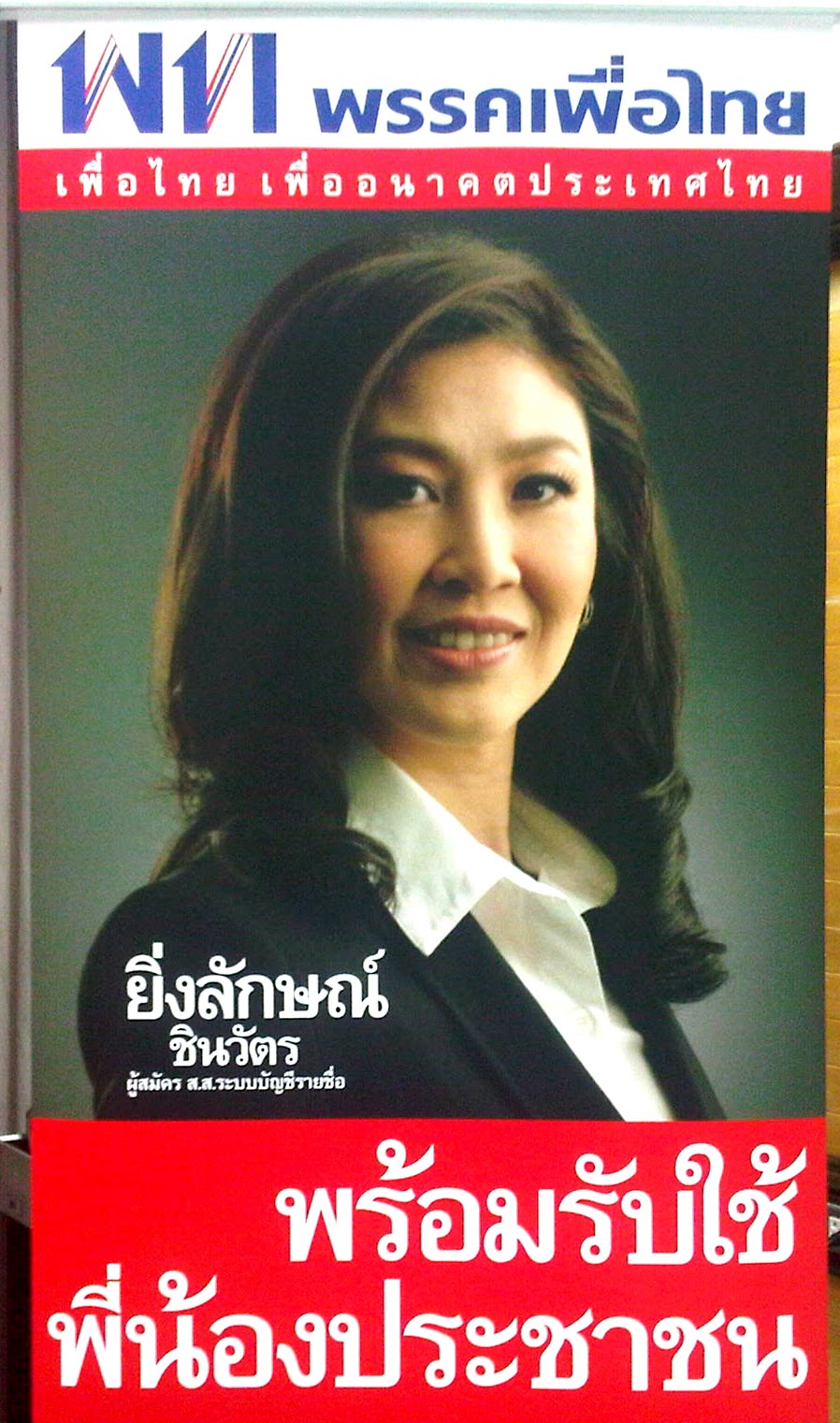inSetelah berpuasa selama bulan Ramadan, umat Muslim merayakan Hari Raya Idul Fitri. Mereka merayakannya dengan berbagai macam cara, dan juga kondisi. Ada yang mudik, atau pulang ke kampung halaman bersama keluarga. Ada pula yang harus merayakan Lebaran di tanah rantau.
Bagi Ketua Umum PP Muhammadiyah, Dr. H. Din Syamsuddin, perayaan Lebaran bisa dinikmati dalam berbagai cara dan kondisi. Pria kelahiran Sumbawa Besar 31 Agustus 1958 itu juga memiliki bermacam pengalaman dalam merayakan Lebaran.
Sebagai tokoh masyarakat, Din punya pendapat sendiri tentang kebiasaan open house yang kerap digelar oleh para tokoh elit. Selain itu, Din juga memiliki harapan terhadap Bangsa Indonesia setelah menjalani puasa di Bulan Ramadan dan merayakan lebaran.
Berikut wawancara VIVAnews.com dengan Din Syamsuddin pada Jumat, 26 Agustus 2011:
Apa makna Idul Fitri?
Lebaran atau dalam bahasa Arabnya Idul Fitri adalah hari raya kesucian, kekuatan, dan kemenangan. Kata fitrah mengandung ketiga unsur tadi. Oleh karena itu, sesuai dengan arti kata fitrah, maka Idul Fitri adalah hari raya kesucian, kekuatan, dan kemenangan.
Kita berharap pada hari itu kita bisa sampai pada derajat tersebut. Saya menghayati Idul Fitri sebagai momentum silaturahmi. Maka, Idul Fitri penuh dengan silatarahmi ke keluarga, kerabat, dan handai taulan.
Saat Idul Fitri, apa saja kegiatan Anda?
Selain salat ya bersilaturahmi ke keluarga, sama anak-anak, adik-adik, sepupu dan keluarga terdekat.
Anda punya tradisi mudik?
Tidak harus mudik, tapi kalau ada waktu senggang saya sempatkan pulang ke kampung selama 3 atau 4 hari. Mengunjungi ibu saya. Namun, terkadang saya tak perlu mudik, karena ibu saya sering ke Jakarta. Jadi kami berlebaran saja di Jakarta bersama keluarga.
(Din Syamsuddin berasal dari Sumbawa, Nusa Tenggara Barat. Saat ini, kerabat di daerah asalnya masih banyak. Sang ibu, juga masih berdomisili di sana)
Sebagai Ketua Umum Muhammadiyah, ada kegiatan khusus saat Lebaran?
Sejak 2005, saya jadi Ketua Umum Muhammadiyah. Sejak itu hari pertama saya saat Idul Fitri pasti ke Yogya. Karena, tradisi pimpinan di kantor pusat Muhammadiyah pada hari pertama lebaran itu menggelar Syawalan. Dan di situ ada ceramah tunggal dari ketua umum di kantor pusat.
Biasanya saya ajak keluarga ke Yogya itu. Dari Yogya, saya langsung balik ke Jakarta pada hari pertama itu juga untuk berlebaran di Jakarta.
(Din menjabat sebagai Ketua Umum PP Muhammadiyah pada periode 2005-2010. Dia terpilih lagi untuk masa jabatan 2010-2015)
Anda menggelar open house, menerima tamu di rumah pada saat tertentu?
Tidak pernah open house, tapi kalau ada orang datang ke rumah ya pasti saya terima. Tidak ada waktu tertentu yang disiapkan khusus menerima tamu di rumah saya. Tidak ada jadwal resmi.
Selain itu, kalau silaturahmi saya jarang ke atasan, kecuali pernah satu atau dua kali, saat jadi dirjen saya ke atasan.
(Din Syamsuddin pernah menjabat sebagai Dirjen Pembinaan Penempatan Tenaga Kerja, Depnakertrans RI periode 1998-2000)
Alasan Anda?
Alasannya, silaturahmi itu harusnya dari atas ke bawah, dari pemimpin ke bawahan yang dipimpin. Karena yang potensial bersalah itu pemimpin, bukan rakyat. Maka, saya tidak setuju kalau ada halal bihalal dikondisikan rakyat berbondong-bondong ke pemimpin.
Apalagi dengan iming-iming bingkisan atau uang, saya sangat tidak setuju. Sehingga ada yang sampai meninggal seperti tahun lalu. Malah jadi musibah. Manfaatnya memang selalu ada, tapi logikanya terbalik. Jadi yang bersalaman itu harus pemimpin ke bawahan, bukan sebaliknya.
Anda pernah menjalani Idul Fitri di luar negeri?
Iya, tentu pernah, sewaktu saya sekolah di Los Angeles.
(Setelah menuntut ilmu di Pondok Modern Gontor dan IAIN Jakarta, Din Syamsuddin melanjutkan kuliahnya di University of California Los Angeles (UCLA), USA, mengambil Interdepartmental Programme in Islamic Studies tahun 1998 untuk program magister. Din lalu melanjutkan sekolahnya di universitas dan jurusan sama untuk programPh.d pada 1991)
Apa kesan Anda saat itu?
Tentu lain, tidak ada suasana seperti di tanah air. Selain itu juga kegembiraan tidak seperti di Indonesia karena memang jauh dari keluarga. Artinya, di sana kita ketemu sesama orang Indonesia di konsulat kita, atau paling tidak di Islamic Center. Tentu itu berkesan bagi saya. Ya mungkin bukan perasaan minoritas, tapi suasana Idul Fitri yang tidak dominan, paling di Islamic Center. Tapi sama-sama gembira dan berkesan. Apalagi kalau saat masih puasa, waktu winter itu lebih panjang puasanya.
Selama Lebaran Anda dikunjungi kolega non-muslim?
Sangat banyak, bahkan mereka yang paling rajin mengirim parsel, mereka paling rajin ke rumah pada hari raya pertama.
Tanggapan Anda atas kunjungan mereka?
Bagus, bagus. Mereka memberi ucapan selamat. Ini bukan masalah akidah, tapi tentang aspek sosial. Ini merupakan bagian dari toleransi.
Imbauan Anda sebagai tokoh masyarakat apa?
Pesan saya mari kita maknai Idul Fitri sesuai maknanya, hari raya kemenangan, kesucian, dan kekuatan. Intinya pesan utamanya silaturahmi, tingkatkan silaturahmi. Kita pelihara nilai Ramadan, insyaf, jangan sampai kita jebol bersama pelampiasan kita makan kue Idul Fitri.
Idul Fitri bukan akhir, itu awal mengaplikasikan nilai-nilai Ramadan yang telah kita jalani selama sebulan sebelumnya. Kita pelihara nilai Ramadan itu untuk sebelas bulan ke depan.
Harapan Anda untuk Indonesia setelah lebaran?
Indonesia tetap bersatu. Perbedaan pendapat jangan menjadikan kita pecah. Bagaimana Ramadan bisa kita terapkan dalam kehidupan, jangan ada perilaku menyimpang seperti korupsi. Pemimpin yang korup harus bertobat, menghentikan praktik itu.
disadur dari :
vivanews













